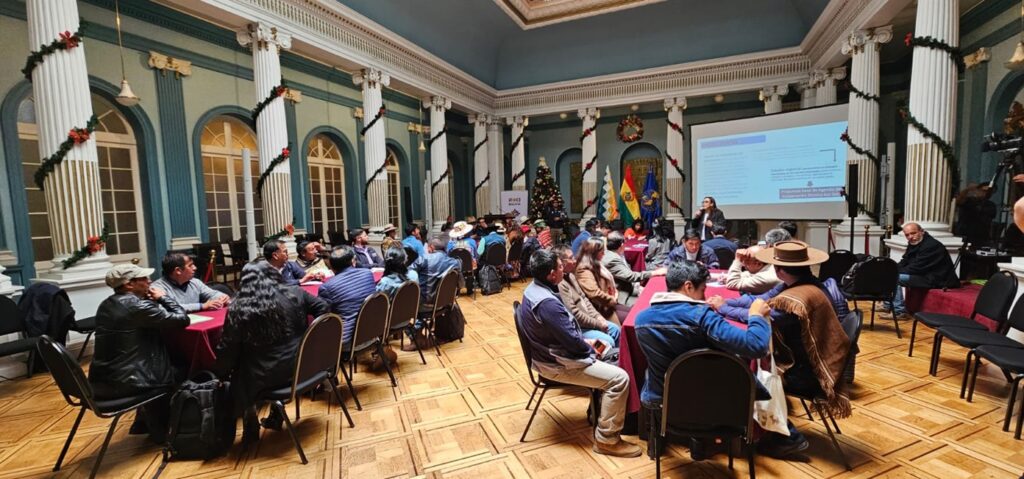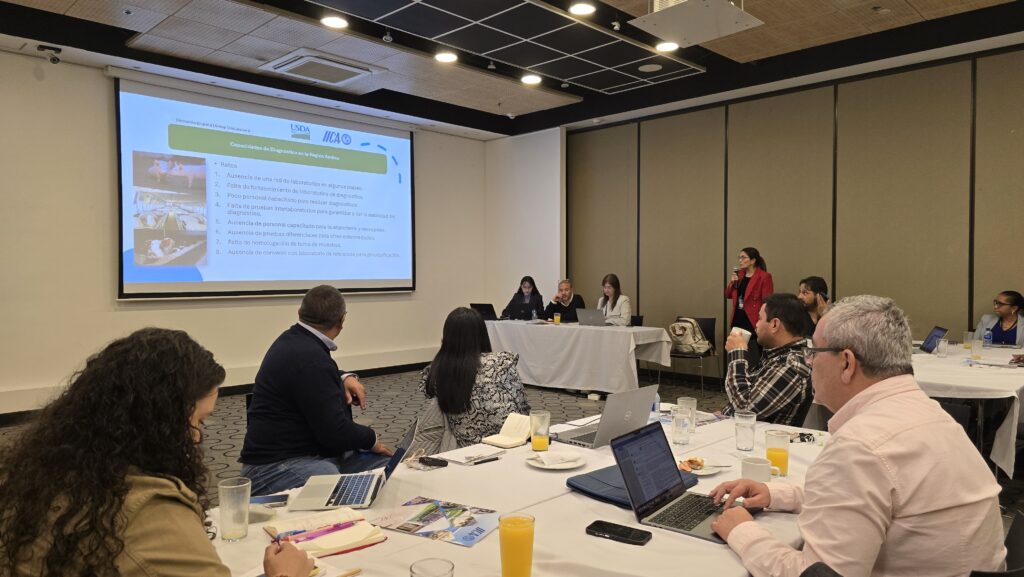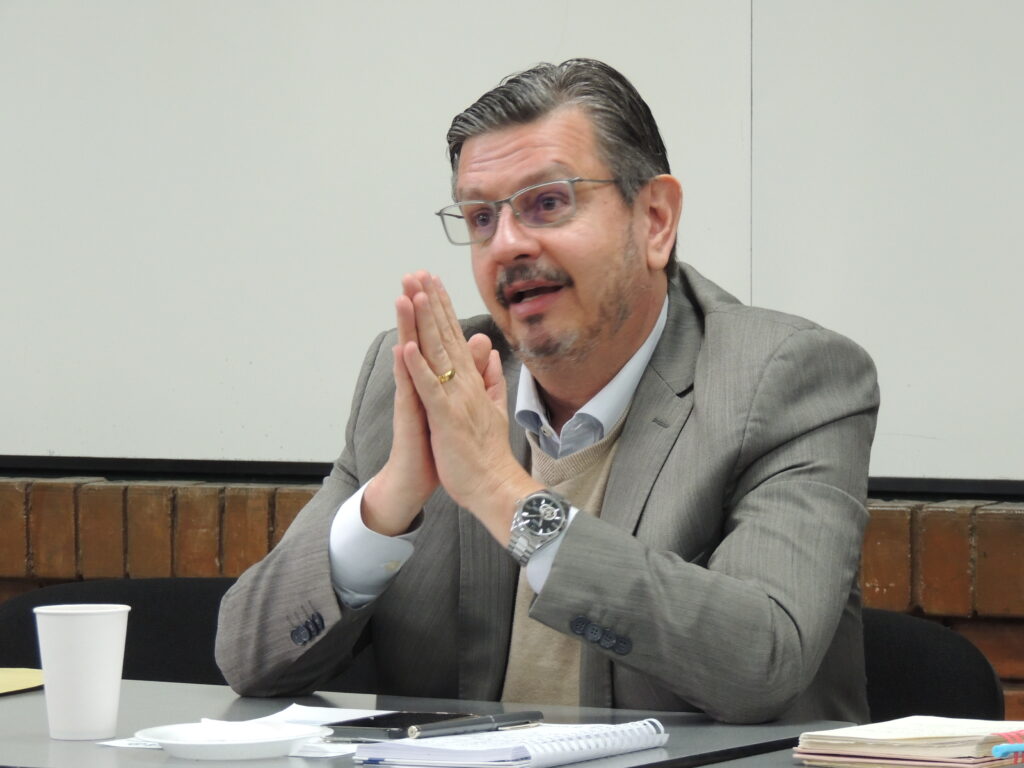Instituto reafirma su compromiso con una agricultura productiva, sustentable e incluyente y propone las acciones estratégicas para el 2017.
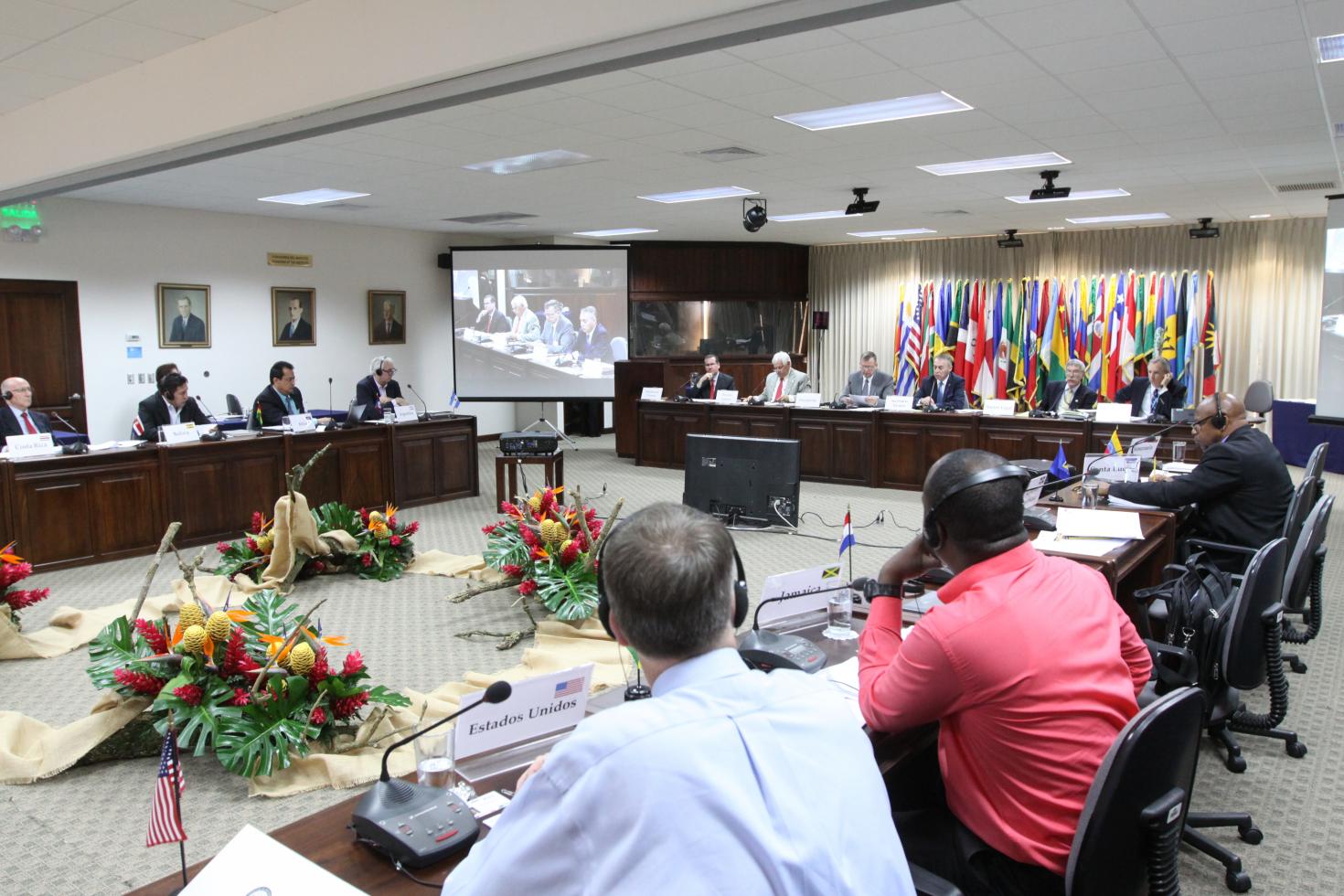
San José, 24 de agosto, 2016 (IICA). Una inversión cercana a los dos millones de dólares en cooperación técnica en el hemisferio forma parte de los resultados que el Instituto Interamericano de Cooperación para la Agricultura (IICA) logró durante el 2015 y lo que va del año.
Así lo indicó el director general de este Instituto, Víctor M. Villalobos, en la presentación del Informe Anual 2015 ante el Comité Ejecutivo de la institución.
Al cierre del año 2015, a las acciones ejecutadas mediante 9 proyectos multinacionales del Fondo de Cooperación Técnica (FonCT) del IICA, y 47 acciones de respuesta rápida destinadas a la atención de emergencias sanitarias, fortalecimiento institucional, gestión del conocimiento agropecuario e identificación de oportunidades comerciales, se suman los proyectos insignia del Instituto y la ejecución de 190 proyectos con fondos externos, estos últimos con un valor superior a los 95 millones de dólares.
Sanidad e inocuidad de los alimentos, cadenas agrícolas, resiliencia en la agricultura, inclusión y agricultura familiar constituyen los temas de atención prioritaria de la Institución en las Américas.
“El apoyo que hemos recibido del IICA ha marcado una gran diferencia en nuestro agro, gracias a su aporte hemos desarrollado industrias nuevas, como la de camote”, indicó el representante del Ministerio de Industria, Comercio, Agricultura y Pesquería de Jamaica, Shaun Baugh.
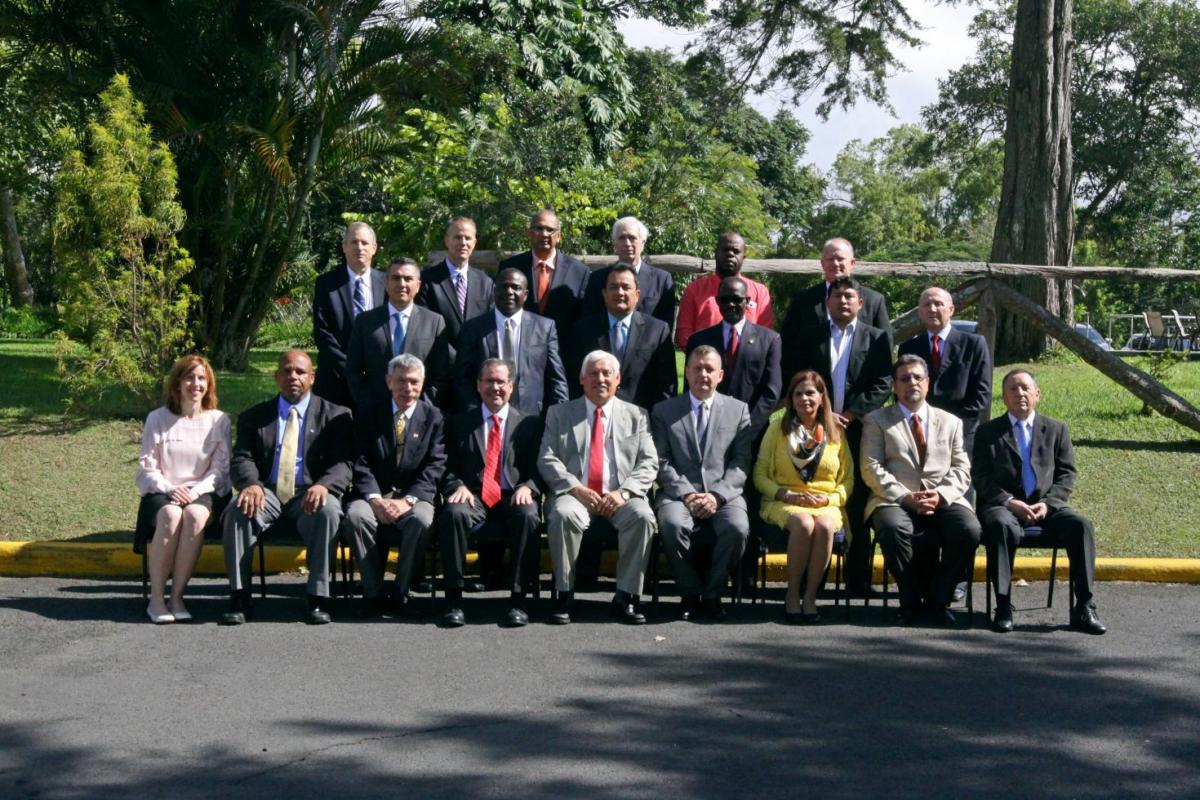
El IICA lidera al menos 37 iniciativas para modernizar la institucionalidad sanitaria para una agricultura sana y un comercio agroalimentario inocuo. Cerca de 1500 funcionarios de más de 10 países se capacitaron en requerimientos de exportación a Estados Unidos bajo la Ley de Modernización de Inocuidad de Alimentos (FSMA, por sus siglas en inglés).
Países como Bolivia, Colombia, Chile, Ecuador, Honduras, Nicaragua, Paraguay y Venezuela generaron políticas diferenciadas, elaboradas participativamente, en torno a la agricultura familiar.
En países del Norte, Centro, Sur y Caribe del hemisferio se generaron diagnósticos y espacios de articulación para formular planes que atiendan la inclusión en territorios rurales, complementando la agenda que mantiene el Instituto con grupos productivos de mujeres y jóvenes en el Caribe y Centroamérica, principalmente.
“Agradecemos la colaboración del IICA por su contribución tras el terremoto de Ecuador, especialmente en la zona costera, con el plan pos desastre para el sector avícola, agrícola y pequero y las donaciones del personal del IICA, realizadas en conjunto con el Ministerio de Agricultura para atender esta emergencia”, precisó el viceministro de Desarrollo Rural del Ministerio de Agricultura, Ganadería, Acuicultura y Pesca de Ecuador, Ángel Ramón Vivanco.
El fortalecimiento de capacidades en el área de resiliencia en la agricultura abarcó temas como la gestión del recurso hídrico, la recuperación de suelos, bioinsumos, enfermedades aviares, bienestar animal y roya del café.
“Destacamos el aporte del IICA en HLB (Huanglongbing, enfermedad que afecta a los cítricos) ya que es un tema de gestión de riesgos prioritario para la exportación de cítricos en Argentina”, afirmó Guillermo Bernaudo, jefe de gabinete del Ministerio de Agroindustria de Argentina.
Mediante su programa de becas, ejecutado con el apoyo de México, el IICA reporta más de 400 estudiantes latinoamericanos y caribeños cursando maestrías y 185 doctorados. Así como 2250 técnicos de 33 países beneficiados con 28 cursos de agricultura, gracias a la cooperación horizontal gestionada con el Gobierno de México.
En total, el IICA ha capacitado a 27 mil personas en temas clave como el cambio climático, innovación, comercio, sanidad, políticas públicas y desarrollo rural.
“El IICA es una muestra clara de que la colaboración entre los pueblos es posible al margen de diferencias políticas o ideológicas, somos una parte muy importante del Sistema Interamericano porque seguimos siendo una instancia donde se privilegia el trabajo conjunto y la cooperación,” aseguró Villalobos.
Fortalecimiento y reestructuración
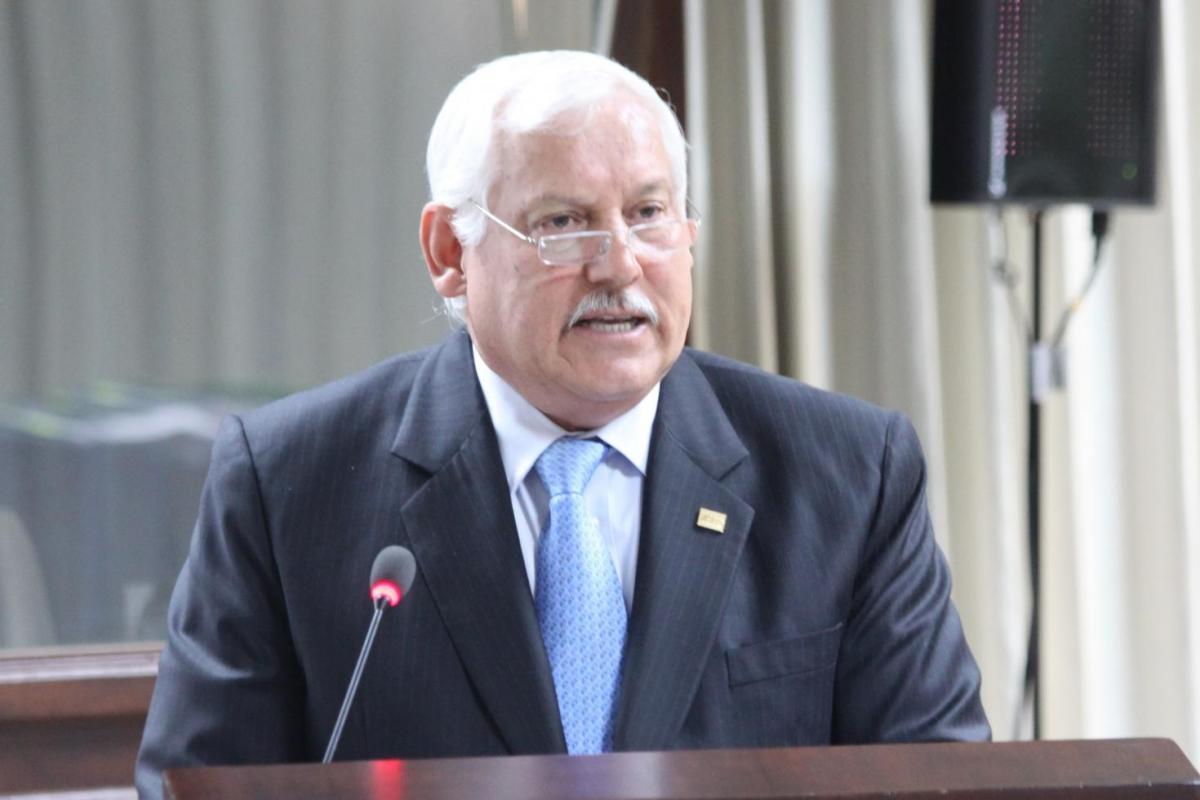
El fortalecimiento financiero y la reestructuración estratégica el Instituto también fue tema de discusión entre las autoridades.
Al término de la reunión, se acordó continuar con el proceso de reestructuración para modernizar y fortalecer a la institución, así como la valoración de nuevas medidas para robustecer la cooperación técnica y mejorar la capacidad financiera.
Una de las opciones para el fortalecimiento institucional podría surgir del análisis del modelo de trabajo conjunto que siguen otras instituciones, como la Organización Mundial de la Salud y la Organización Panamericana de la Salud, con el fin de seguir su ejemplo y crear alianzas con entidades afines al IICA. Esto evitaría que las organizaciones dupliquen sus esfuerzos en un mismo tema, así como hacer un mejor uso de los recursos que aportan los Estados Miembros.
Este análisis y la propuesta de fortalecimiento institucional será presentada por Villalobos durante el primer semestre del próximo año.
El robustecimiento del Instituto responde a una resolución tomada en 2014 por la Junta Interamericana de Agricultura (JIA), máximo órgano de gobierno del IICA, en la que se expresaba la importancia de mantener y mejorar la eficiencia y la capacidad para responder a los retos que enfrenta la agricultura en la actualidad.
“En alianza con instituciones con las que compartimos objetivos podemos buscar mecanismos que unan a dos entidades o más en un objetivo común, que siempre buscará servir mejor a la agricultura del hemisferio y de la humanidad”, concluyó Villalobos.
Más información: evangelina.beltran@iica.int
